Case Study: Sourcing Reliable Data to Manage a Growing Community
Western Systems partnered with Pocatello, Idaho, to provide the data they need to stay proactive in the face of increasing traffic
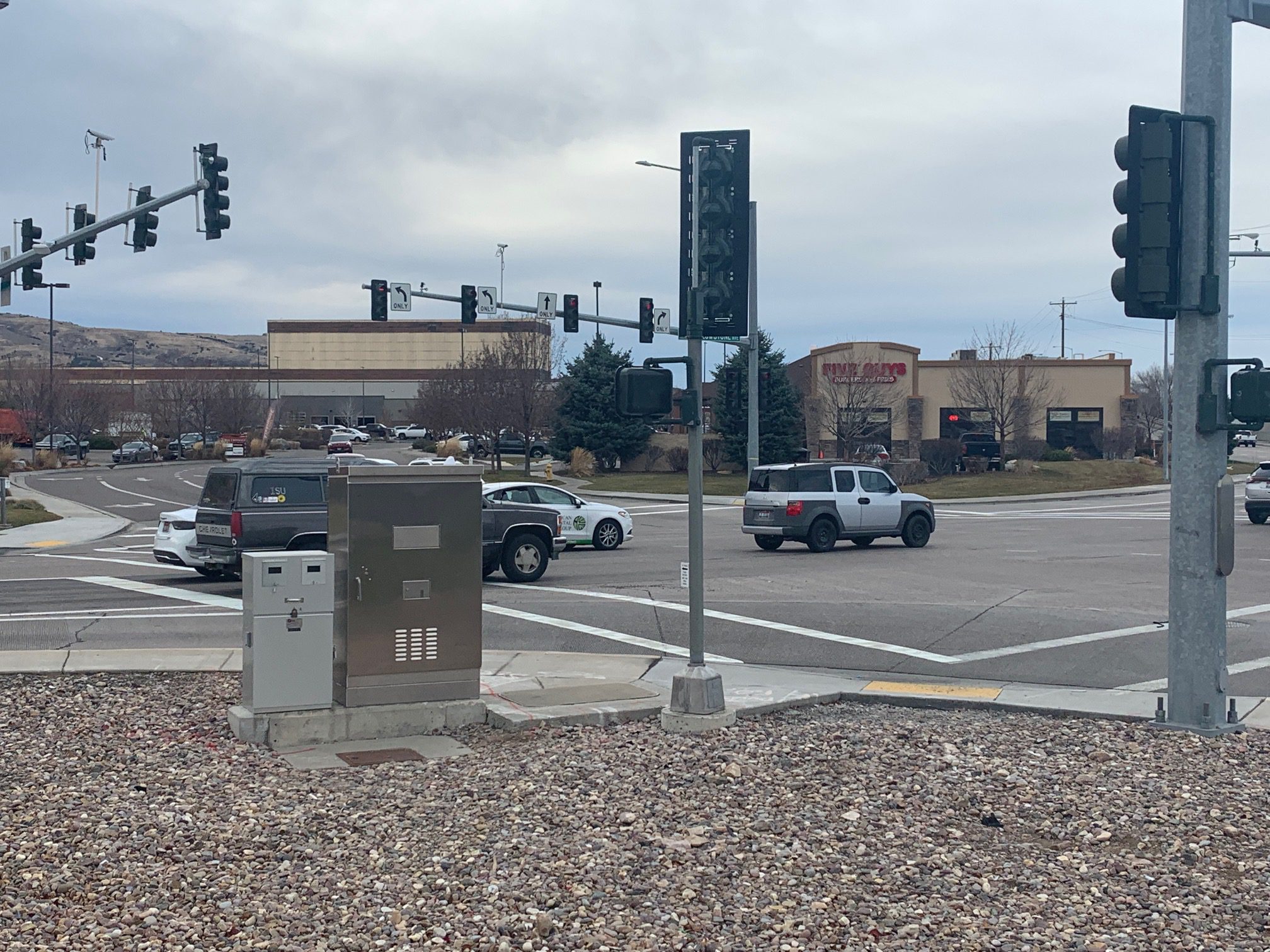
Background: A Growing City at a Major Intersection
Pocatello sits at the intersection of two of Idaho’s two main highways, in the southeastern corner of the state. With no other major thoroughfares, Pocatello serves as a hub for people traveling through the area. Its unique position and accessibility have also made Pocatello home to several large industrial companies, accelerating growth in the area.
The Challenge: Better Data to Manage Growing Demand
The growing local economy, combined with a steady stream of travelers, creates an ever-increasing burden on roadways. Mike Neville, Pocatello’s Traffic Operations Supervisor, has been striving to stay ahead of problems, but growing demand required more data.
The Solution: Western Systems Facilitates a Strategic Equipment Replacement
Western Systems facilitated the upgrade of three of Pocatello’s Vantage Velocity field units to a newer model. Pocatello already monitored traffic through 18 intersections with Vantage Velocity field units, which track Bluetooth units through a string of intersections to monitor traffic flow and facilitate origin-destination studies. Newer Vantage Velocity units, however, have been upgraded to respond to changes in Bluetooth technology.
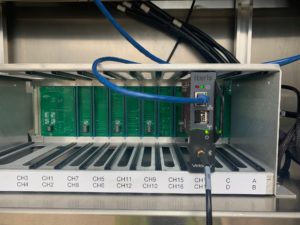
The new Vantage Velocity units now use Bluetooth low-energy sensing technology. This allows the units to detect Bluetooth devices like smartwatches and other wearables that are always sending out low-energy signals.
The sample sizes have skyrocketed for agencies using the newer units, without compromising the integrity of the data. Using Bluetooth detection allows traffic engineers to work with real data, right off the street, and avoid the issues that commonly plague crowd-sourced traffic data.
Outcome: 10x More Data for Proactive Problem Solving
Pocatello saw the difference immediately.
“Working with Western System and Iteris, we were able to upgrade several of our existing Velocity units in a quick and seamless manner. The amount and quality of the data collected on the upgraded corridor has significantly increased with just a simple replacement of the Velocity card.” – Mike Neville, Pocatello’s Traffic Operations Supervisor
Replacing just three out of roughly a twenty is already providing ten times more data than Pocatello was getting before. Traffic data is now granular enough that Mr. Neville and his team can work from updates every 15 minutes, rather than daily trend reviews.
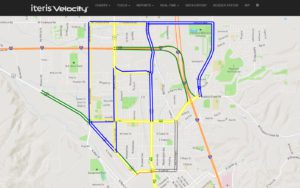
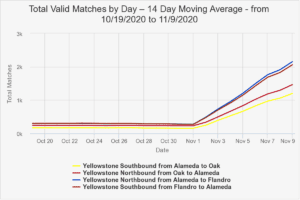
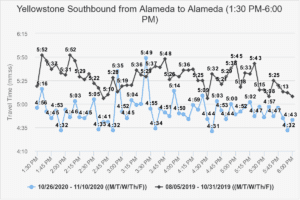
The new data volumes and granularity give Pocatello the insights they need to proactively avoid major issues on their roadways, and to objectively evaluate every decision they make.
